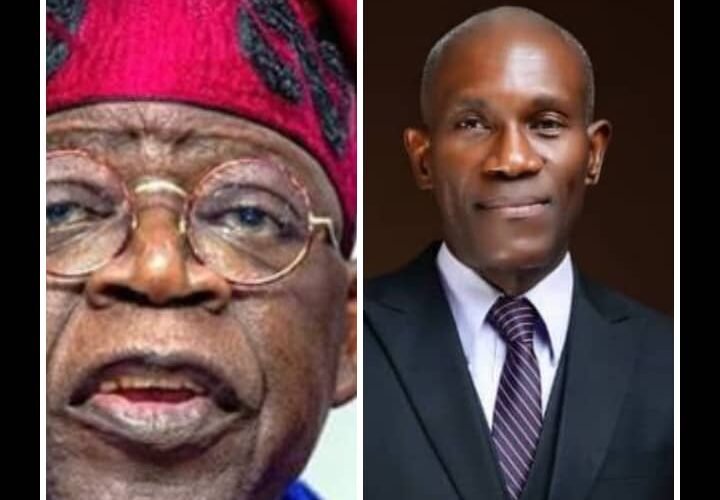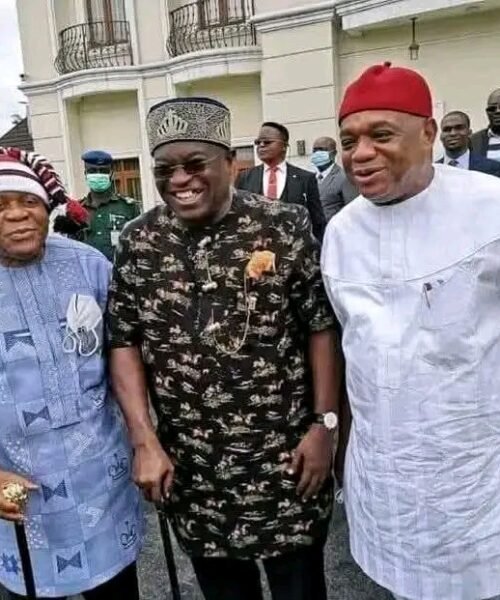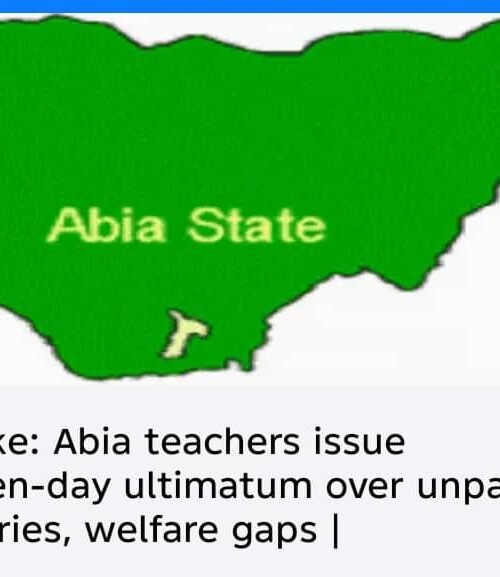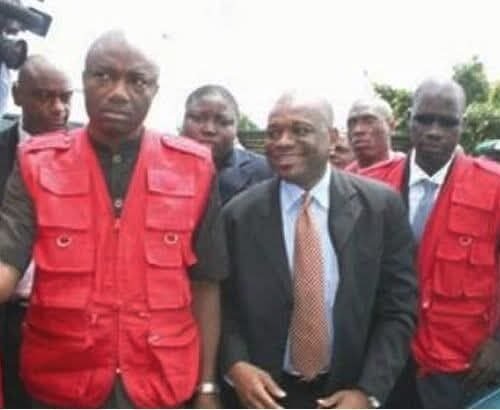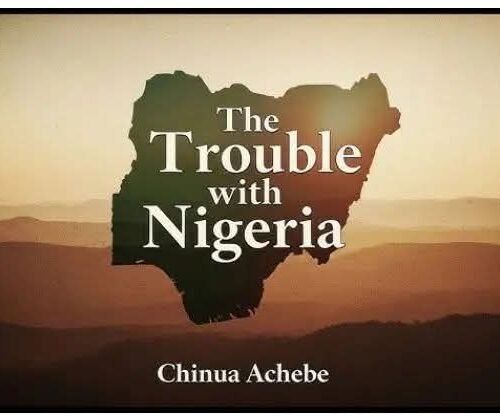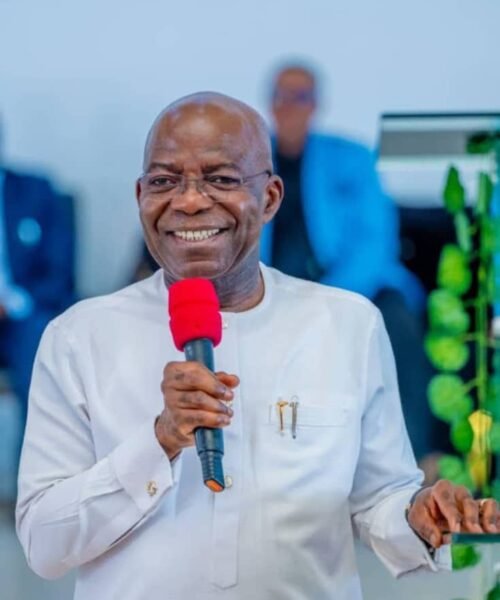Between Gold and Blood: Nigeria’s Complicity and China’s Quiet Empire
In The Hypocrisy of a Nation That Cannot Face Its Shame, Sa’adiyyah Adebisi Hassan delivers a piercing reflection on Nigeria’s moral paralysis — a nation furious at criticism yet indifferent to collapse. Her argument is simple but damning: Nigerians are not angry because Donald Trump lied; they are angry because he told the truth. Beneath the performative outrage lies a deeper rot — a state that cannot protect its own people and a society that defends its captors while applauding foreign exploiters.
Hassan’s essay gains traction when placed against verifiable history. Between 2015 and 2024, Nigeria accounted for over 80 percent of global Christian killings recorded by Open Doors and other watchdogs. The U.S. Commission on International Religious Freedom (USCIRF) continues to list Nigeria among the world’s worst violators, with “systematic, ongoing, and egregious” failures to prevent sectarian massacres. In the Middle Belt alone, Reuters documented over 200 fatalities in Plateau State in less than a year — mostly unarmed villagers attacked in their sleep. Yet the state’s response, Hassan notes, remains ritualistic sympathy and zero justice.
Her outrage expands beyond the killings to Nigeria’s economic surrender. Since 2020, ENACT Africa and the Atlantic Council have confirmed the arrest of Chinese nationals engaged in illegal gold and lithium mining across Zamfara, Kaduna, and Nasarawa. These activities, far from benign, have financed armed banditry and devastated ecosystems. Rivers have been poisoned, farmlands rendered barren, and villagers displaced while “investors” with state escorts load ore into unmarked trucks. In Niger State alone, officials have identified more than 500 illegal mining sites. Yet prosecutions remain rare, and contracts flourish — proof, Hassan argues, that the real masters of Nigeria’s economy do not need ballots, only memoranda.
What she calls “mental colonization in Mandarin” captures an uncomfortable reality: while Western partners at least demand governance reforms in exchange for aid, Beijing demands silence and resources. According to the International Monetary Fund, Chinese loans to Nigeria now exceed $4.5 billion, much of it collateralized by future exports. The Atlantic Council’s 2024 report describes these engagements as “opaque, resource-secured, and accountability-resistant.” Yet, within Nigeria’s public discourse, China is praised as a benevolent friend — the very hypocrisy Hassan skewers.
Her critique, though caustic, is not nihilistic. Patriotism, she reminds readers, is not defending failure; it is demanding better. True nationalism requires confronting corruption, confronting complicity, and confronting the quiet empire extracting the nation’s veins in gold dust. As she writes, “You are angry with Trump for saying your house is on fire, but you bow to China as they quietly steal your roof.”
The history and numbers vindicate her thesis. From sectarian slaughter to state-sanctioned plunder, Nigeria’s disgrace is not that outsiders name its crises, but that insiders normalize them. A country that spends billions rehabilitating killers but abandons victims has surrendered both its moral and material sovereignty.

Until Nigerians choose truth over denial and accountability over vanity, they will continue to trade dignity for debt — applauding thieves, silencing prophets, and mistaking bondage for partnership.
AProf Chukwuemeka Ifegwu Eke

